Undergraduate and Graduate Research Programs
CSULB has several undergraduate and graduate research programs that sponsors students from a wide array of disciplines. For more information on which program best suits your research interests, take the CSULB Undergraduate Research Program Questionnaire.
This survey does not guarantee admission to any program nor does it serve as an application to any of the programs. Being involved in a research program is a great way to get involved in research but it is not the only way to engage in research with CSULB faculty. You can reach out to individual faculty whose work you are interested in and ask them about opportunities that may exist to join their research team.
Undergraduate Research Programs
| Program | Description | Student Level |
|---|---|---|
Image
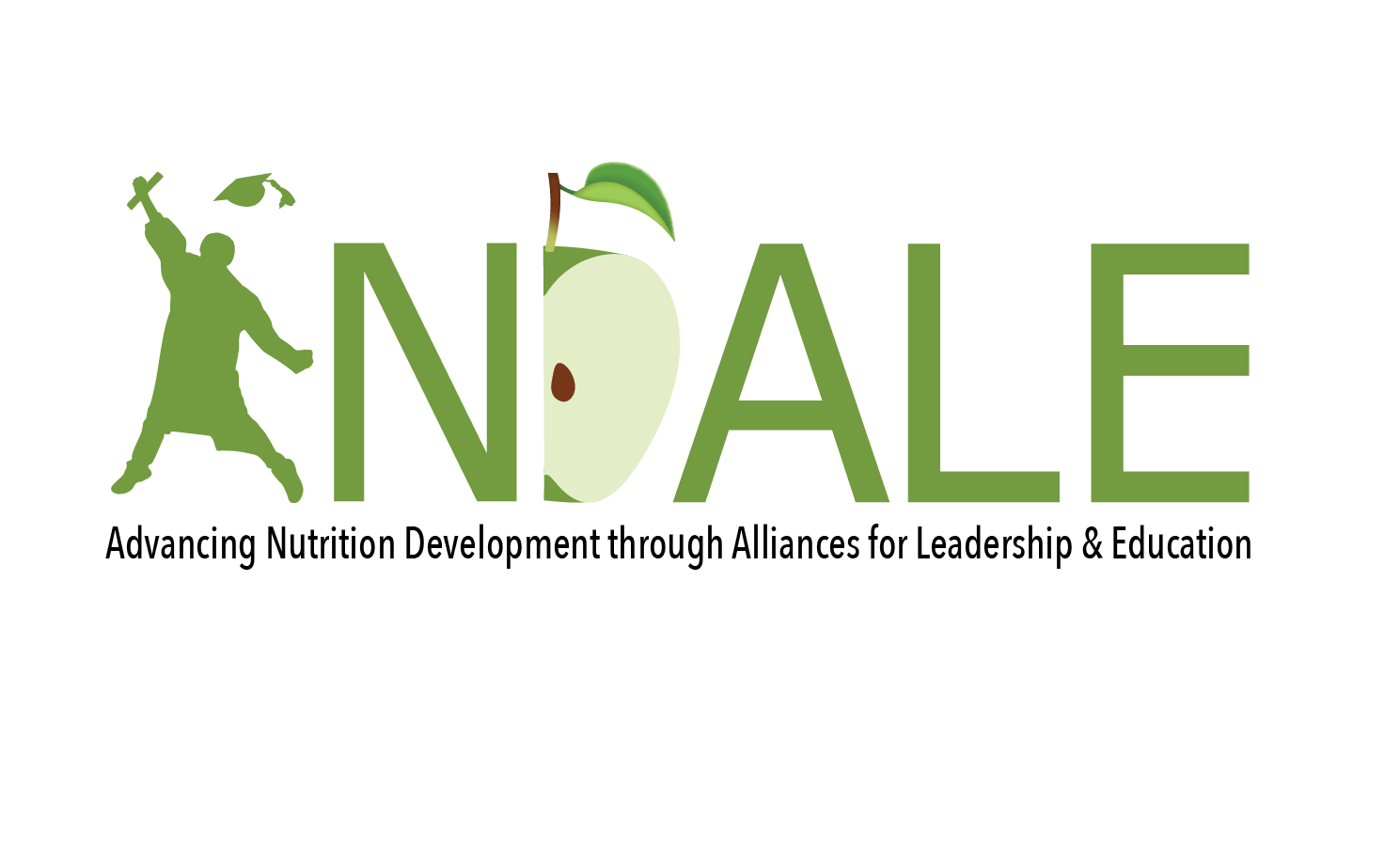
| The Advancing Nutrition Development through Alliance for Education and Leadership (ÁNDALE) Latino Research Training Program aims to train fifty (50) underrepresented undergraduate students in Latino nutrition and disease prevention, enhance their professional development, and engage them in research with a faculty mentor in an effort to better prepare them to enter graduate school or the workforce. |
|
Image
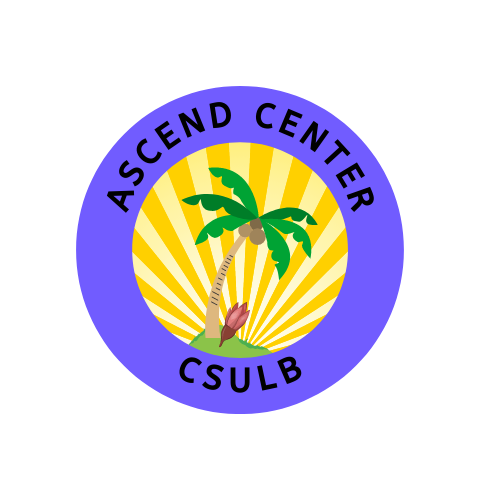
ASCEND: AANAPI Student Success Center & Development Program
The Asian-American, Native American and Pacific Islander (AANAPI) Student Success Center & Development (ASCEND) | The Asian-American, Native American and Pacific Islander (AANAPI) Student Success Center & Development (ASCEND) Program is established to foster supportive, equitable and empowering learning environment for all campus individuals to actively engage in academic achievement and social justice that will lead to student success and University of tomorrow. The ASCEND Program is fully funded by the US Department of Education for 5 years, starting in 2022. | Undergraduates in their last two years of undergraduate degree training |
Biotechnology Internships in Stem Cell Research | This program trains advanced bachelor's, post-baccalaureate, and master's students in the theory and techniques of stem cell research for the development of therapies. Ten interns will be selected annually to complete the paid second year of a two-year stem cell track of the Biotechnology Certificate Program at CSULB. These interns will each receive a $30,000 stipend plus up to $7,000 tuition to perform full-time research on one of more than thirty laboratories at Cedars-Sinai, City of Hope, or UCI. |
|
Image
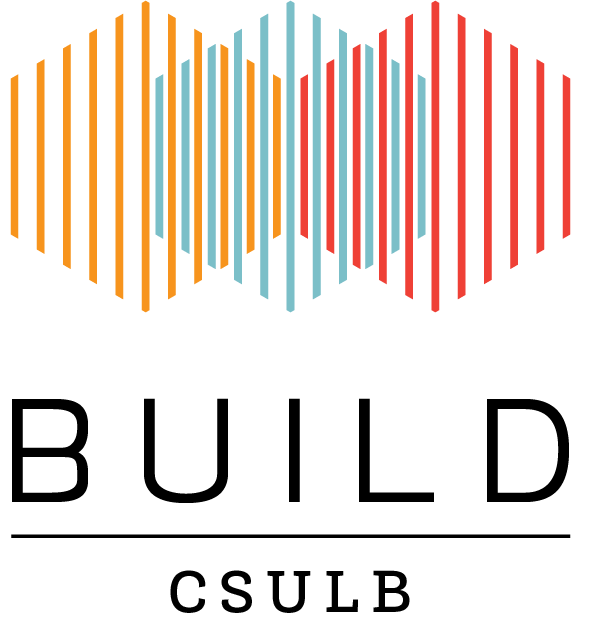
BUILD | CSULB BUILD Program offers intensive research training opportunities for undergraduate students interested in pursuing a research career in health-related research. Health-related research uses innovative methods to examine the cause, diagnosis, prevention, and treatment of diseases to improve health and well-being. It is conducted across a number of different disciplines (e.g., engineering and the behavioral, biological, clinical, physical, public health, and social sciences) and can include basic, applied, and translational approaches to studying several health issues facing our communities and our nation. |
|
Image
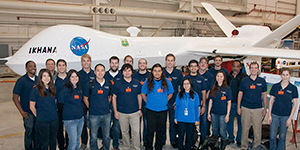
CHAAT | Performs ongoing research to measure human performance in complex systems such as the Next Generation Airspace Transportation System (NextGen). We also participate in the training of the future workforce in aeronautics and other NASA-related disciplines, through the training of students in human factors. |
|
Image
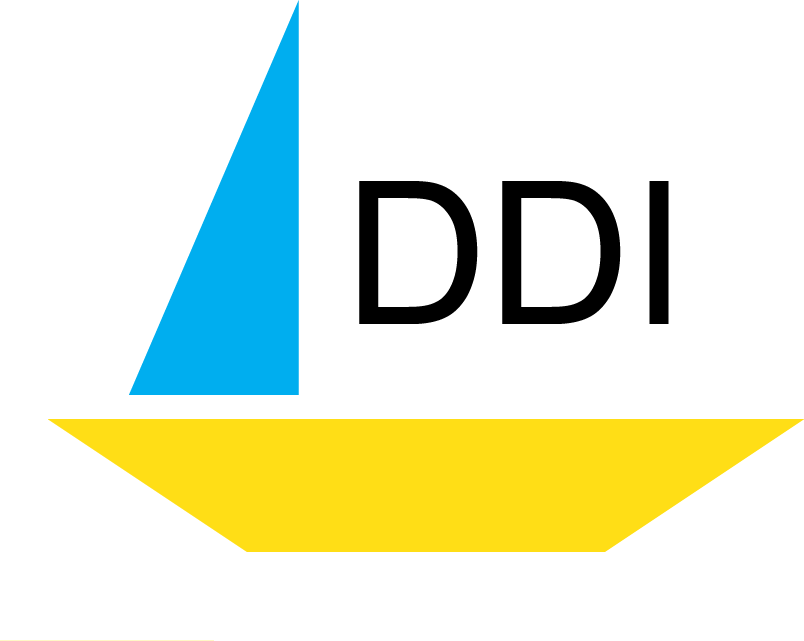
Doctoral Diversity Initiative | The UCSD-CSULB Doctoral Diversity Initiative (DDI) program offers excellent opportunities for undergraduate students from California State University, Long Beach (CSULB) to gain research experience and for Ph.D. students/postdocs from UC San Diego (UCSD) to pursue academic careers in primarily undergraduate institutes. We aim to broaden perspectives in the field of materials science by providing training opportunities. Students from all backgrounds are encouraged to apply. | Undergraduates in their last two years of undergraduate degree training |
Image
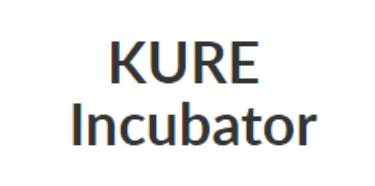
Keck Undergraduate Research Experiences Incubator | The Keck Undergraduate Research Experiences (KURE) Incubator program infuses the CSULB curriculum with authentic research experiences in key lower division laboratory courses. KURE Summer Bridge Program: Participating students will be part of a team conducting research on environmental toxins that are common in household items or products.
KURE Transfer Bridge Program: Participating students will receive up to $7200 for 10 weeks of research work. All participants will attend a 1-week orientation that includes an introduction to research at The Beach and preparation/training to work in a research lab. They will then join a research lab for the remaining 9 weeks of the program. | KURE Summer Bridge Program:
KURE Transfer Bridge Program:
|
Leveraging Interdisciplinary Nutritional Knowledge (LINK) | The LINK Program is a collaboration between five Hispanic-Serving Institutions (HSIs) in Southern California: two 4-year universities, California State University (CSU) Long Beach and CSU Fullerton, and three 2-year community colleges (CC) including Fullerton, Long Beach City, and Santa Ana Colleges. The LINK Program will promote the success of 26 underrepresented (UR) students in the food and human sciences professional and scientific workforce emphasizing Latino nutrition through outreach, mentoring, education, support services, research, and professional internships with community partners. | Incoming CC transfer or Master's Student |
Image
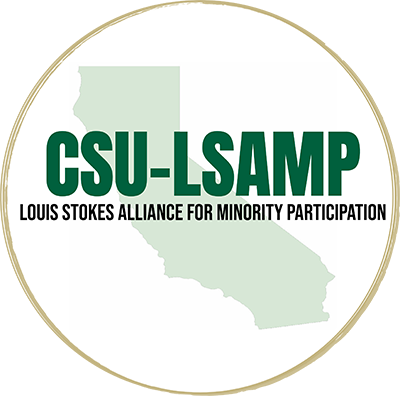
LSAMP | CSU-LSAMP is sponsored both by the National Science Foundation and the California State University, providing a statewide program for the enhancement of math and science skills for students who have faced or face social, educational, or economic barriers, majoring in science, technology, mathematics and engineering (STEM). LSAMP at CSU Long Beach promotes academic year research fellows, and summer research fellows, and offers financial support for summer research opportunities, including NSF-REUs and LSAMP-funded international research programs. |
|
Image
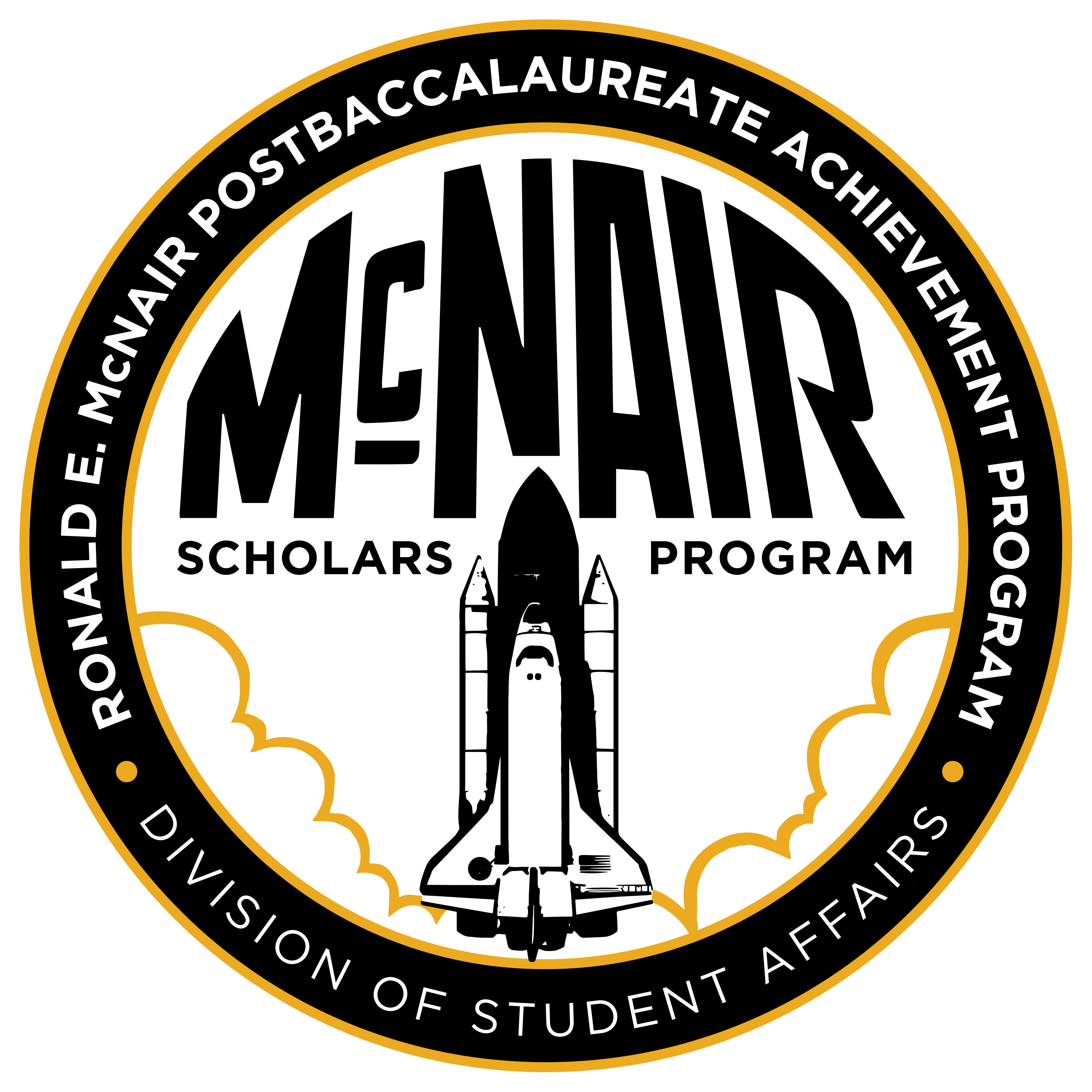
Ronald E. McNair Post-baccalaureate Achievement Program | The Ronald E. McNair Post-baccalaureate Achievement Program is a TRiO program funded by the U.S. Department of Education and designed to prepare and support underrepresented undergraduate students in their pursuit of doctoral studies. |
|
Image
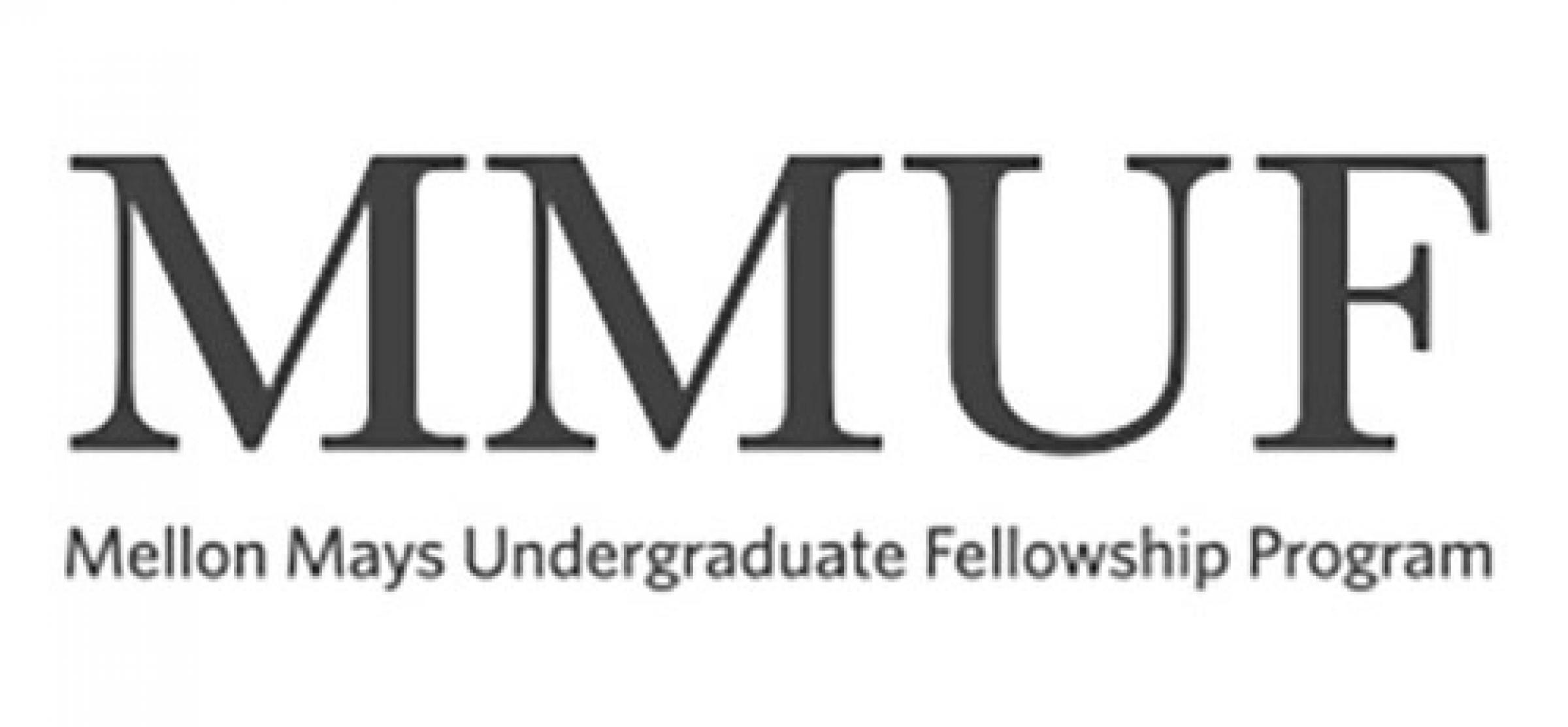
MMUF | The Mellon Mays Undergraduate Fellowship selects a cohort of fellows to join the previously selected cohorts of rising and graduating senior fellows, where they are provided with mentoring and financial support as they prepare for entry into Ph.D. programs and eventual careers as scholars and faculty members. The program includes mentoring, graduate school preparation, and fellowship stipends. |
|
Image
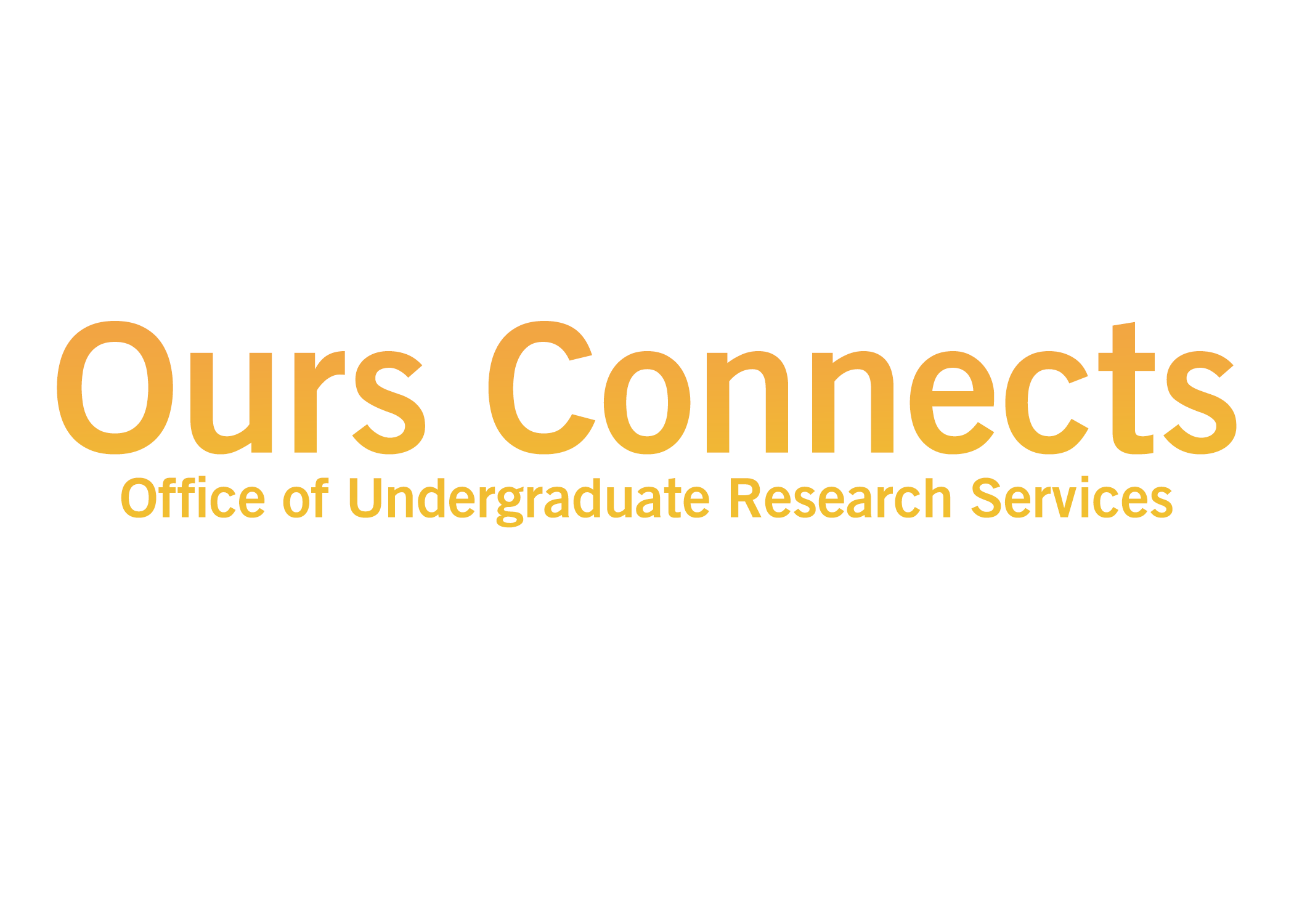
OURS Connects | OURS Connects is a program that offers all undergraduate students the chance to participate in the research and creative process with faculty as volunteer research assistants. |
|
Partnership for Research and Education in Materials | This program provides PREM scholars the opportunity to conduct original research with faculty mentors in Material Science at CSULB and OSU, employment as a research assistant, support for summer research, training and preparation for PhD programs in Material Science and opportunities to present at national and international conferences with expenses covered by the program. |
|
Summer Student Research Assistantship Office of Research and Economic Development's Summer Student Research Assistantship | This program is designed to encourage student participation in a broad range of scholarly and academic activities and is open to eligible undergraduates and graduates from all disciplines and academic areas of study. The assistantship provides financial support during the summer intersession months to undertake full-time research and scholarly activities in collaboration with a Faculty Research Mentor (Tenured/tenure track faculty, or Lecturer with a Tenured/tenure track faculty/Department Chair as Co-Mentor). |
|
U-RISE | The NIH T34 Undergraduate Research Training Initiative for Student Enhancement (U-RISE)’s objective is to broaden perspectives in future scientific and biomedical research by training undergraduate students (majoring in Physical and Biological Sciences, Psychology, and Engineering) to enter and succeed in graduate programs and beyond. Our two-year program offers an elevated research-infused academic education, immersive research experience, graduate school preparation, and professional development activities.
|
|
Image
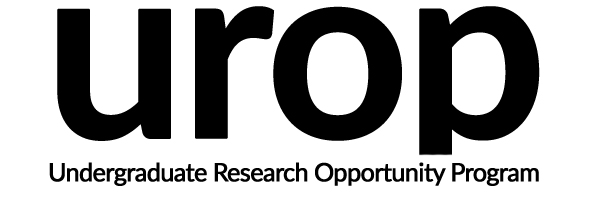
UROP | A 1-2 year program that offers first and second-year students the chance to participate in the research and creative process with faculty. |
|
Sally Casanova Scholars have unique opportunities to explore and prepare to succeed in doctoral programs. Scholars receive one-on-one guidance provided by faculty members within the CSU and the opportunity to work with faculty from doctoral-granting institutions. They also receive funding for activities such as:
|
|
Graduate Research Programs
| Program | Description | Student Level |
|---|---|---|
Bridges to the Doctorate |
The Bridges to the Doctorate (BTD) Training Program partners with University of California, Irvine to produce a seamless and supportive bridge to the Ph.D. for California State University, Long Beach graduate students interested in biomedical research careers. The program activities are designed to strengthen students' academic preparation, research training, and professional skills. M.S. students will complete a two-year Master's degree program at CSULB that culminates in the defense of a Master's research thesis.
|
|
The Chancellor's Doctoral Incentive Program
| The Chancellor’s Doctoral Incentive Program (CDIP) prepares promising doctoral students for careers as CSU faculty. Its mission is to ensure that future faculty reflect the diversity of the CSU student body and are committed to teaching and research that sustains the communities the CSU serves. CDIP Fellows receive mentorship from CSU faculty, professional development and financial support in the form grants and loans. |
|
Sally Casanova Scholars have unique opportunities to explore and prepare to succeed in doctoral programs. Scholars receive one-on-one guidance provided by faculty members within the CSU and the opportunity to work with faculty from doctoral-granting institutions. They also receive funding for activities such as:
|
|






